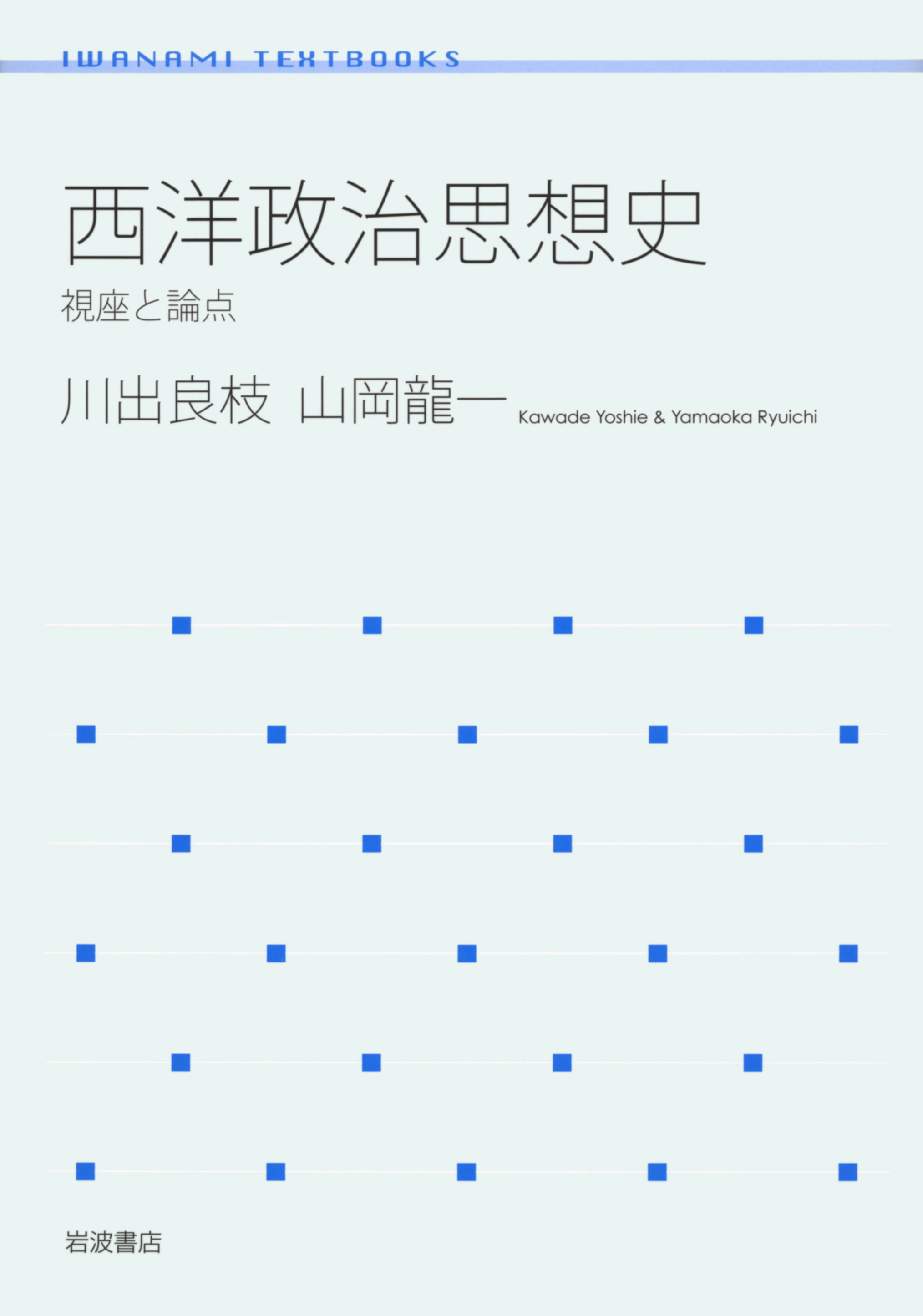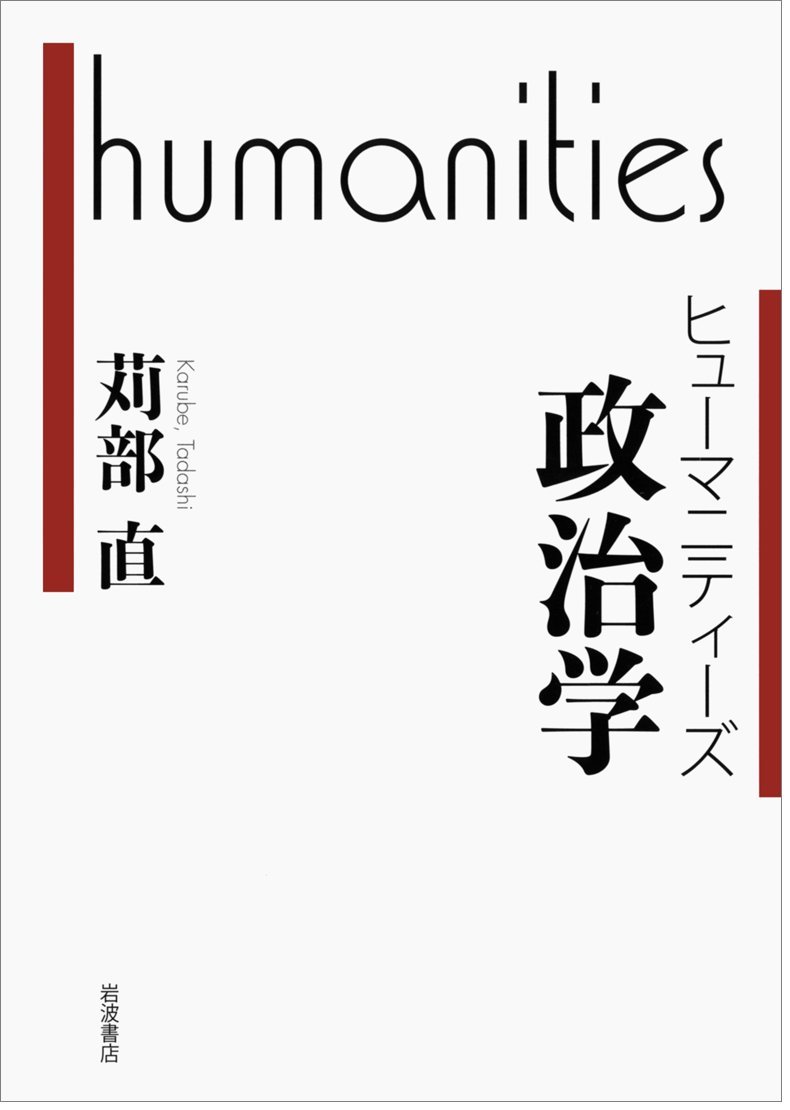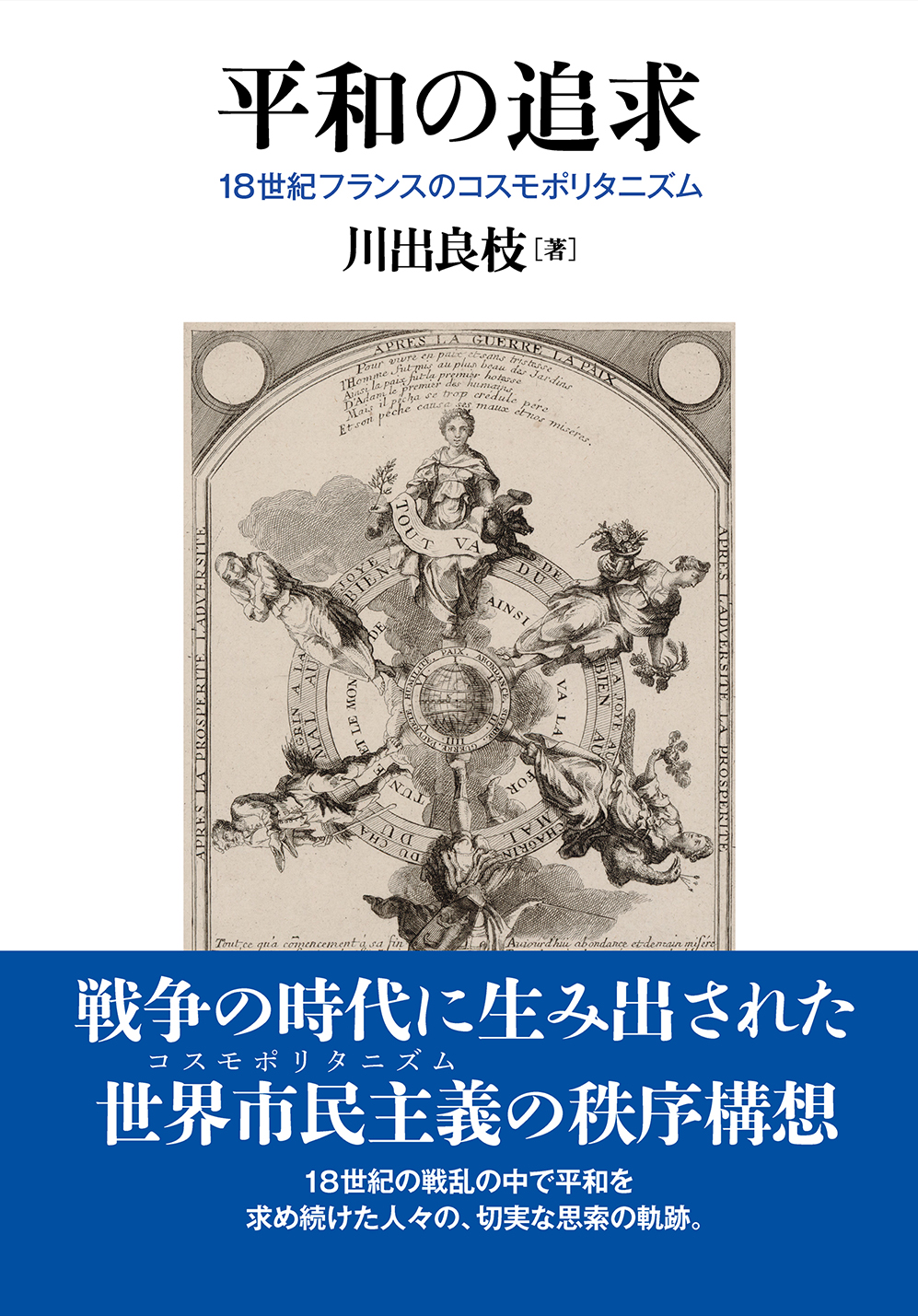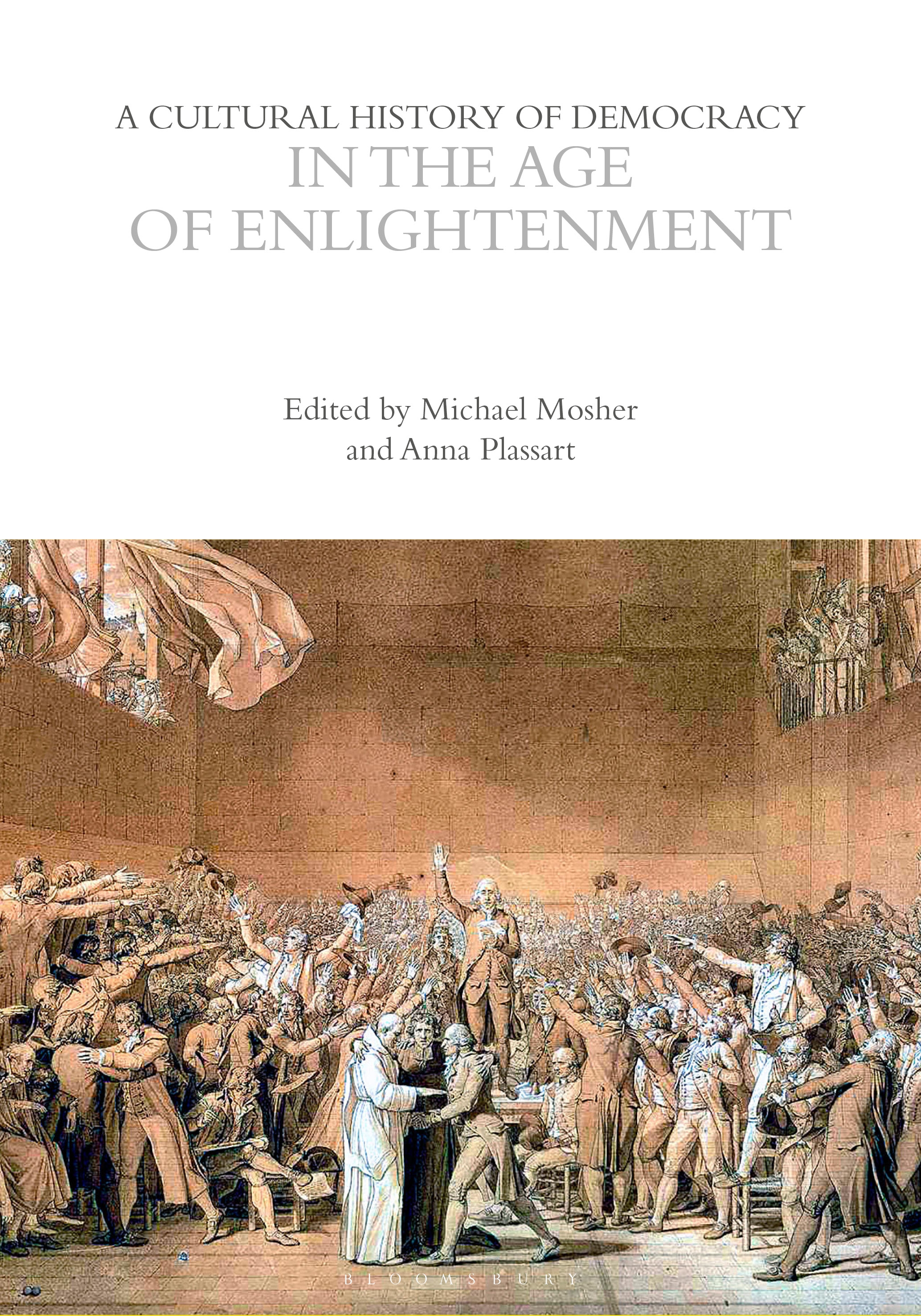
Title
Iwanami Textbooks Seiyō seiji shisōshi (History of Western Political Thought: A Thematic Approach)
Size
322 pages, A5 format, softcover
Language
Japanese
Released
January 24, 2012
ISBN
978-4-00-028907-8
Published by
Iwanami Shoten, Publishers
Book Info
See Book Availability at Library
Japanese Page
This publication History of Western Political Thought - A Thematic Approach is jointly authored by Kawade and Ryuichi Yamaoka. The book’s outstanding feature is its bold reorganization of the general explanatory framework of conventional introductory surveys by thinkers in the History of Western Political Thought and Political Philosophy, so as to describe them not chronologically, but thematically.
Of course, in the thematic approach, there have been academic findings such as O. Brunner, W. Conze, and R. Koselleck’s (eds.) eight volume study of conceptual history titled Geschichtliche Grundbegriffe: historisches Lexikon zur politisch-sozialen Sprache in Deutschland, 1972-97. However, the objective of this work differs slightly from the history of ideas methodology of the above, that is to say clarifying the structural changes of political discourse by following the semantic transformations of a single concept. What this volume has aimed at is to present the reader with a clearer picture of the framework where debates on important political concepts in Western political thinking—such as justice and power, freedom and participation—have been rehearsed and developed. This work, then, is intended as a history of controversies covering issues of debate stretching from ancient Greece to the present day. The two authors are quietly confident that this volume, while not ignoring the historical context, has achieved a form that is adequate for transmitting the actualities of the past to the readership of today.
When one adopts a structure in which the argument follows the flow of the debate for each topic, the question of which topics to select from among myriad possibilities, and which ones to discard, becomes extremely important. The authors’ ambition was to create a unique work of general summary, and in doing so their attention was taken up with the question of which topics to choose, above and beyond any purely formal considerations. In addition, a care has been taken for this work to enhance the reader’s understanding of liberal democracy. First, they decided to “cut directly to the chase” by choosing to look at such fundamental issues for political argument as “the rule of law,” “power,” “wealth and property,” “persecution and toleration,” and “participation and integration.” At the same time, they aimed to integrate into their discussion a wide range of the latest findings in historical research of political thought, which has been making tremendous progress in Europe and North America. Their coverage of such topics as “various forms of government,” “the public interest” and “politics and rhetoric” reflects the work on the history of political thought undertaken by scholars of the Cambridge school, such as John Dunn, Quentin Skinner, and J.G.A. Pocock. Coverage of “the just and the good” is of course strongly conscious of John Rawls, while puts a spotlight on “politics and gender,” the important area against a background of thriving advances in Gender Studies.
For each of the issues, the authors have described a variety of thinkers taking a wide range of approaches across history, as if tracing the development of a debate across time and space. If the reader finishes this little book and then goes on to take part in the debates covered here of their own accord, and develops the ideas yet further, the authors will be satisfied that most of the objectives of this volume have been achieved.
(Written by KAWADE Yoshie, Professor, Graduate Schools for Law and Politics / 2018)



 Find a book
Find a book




